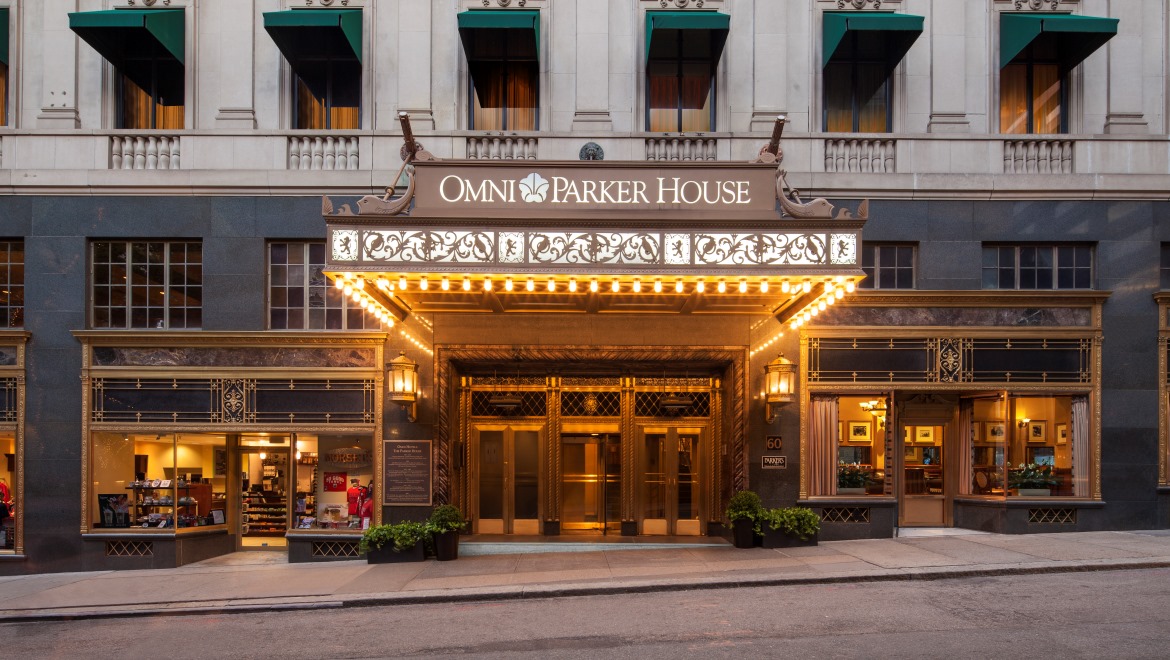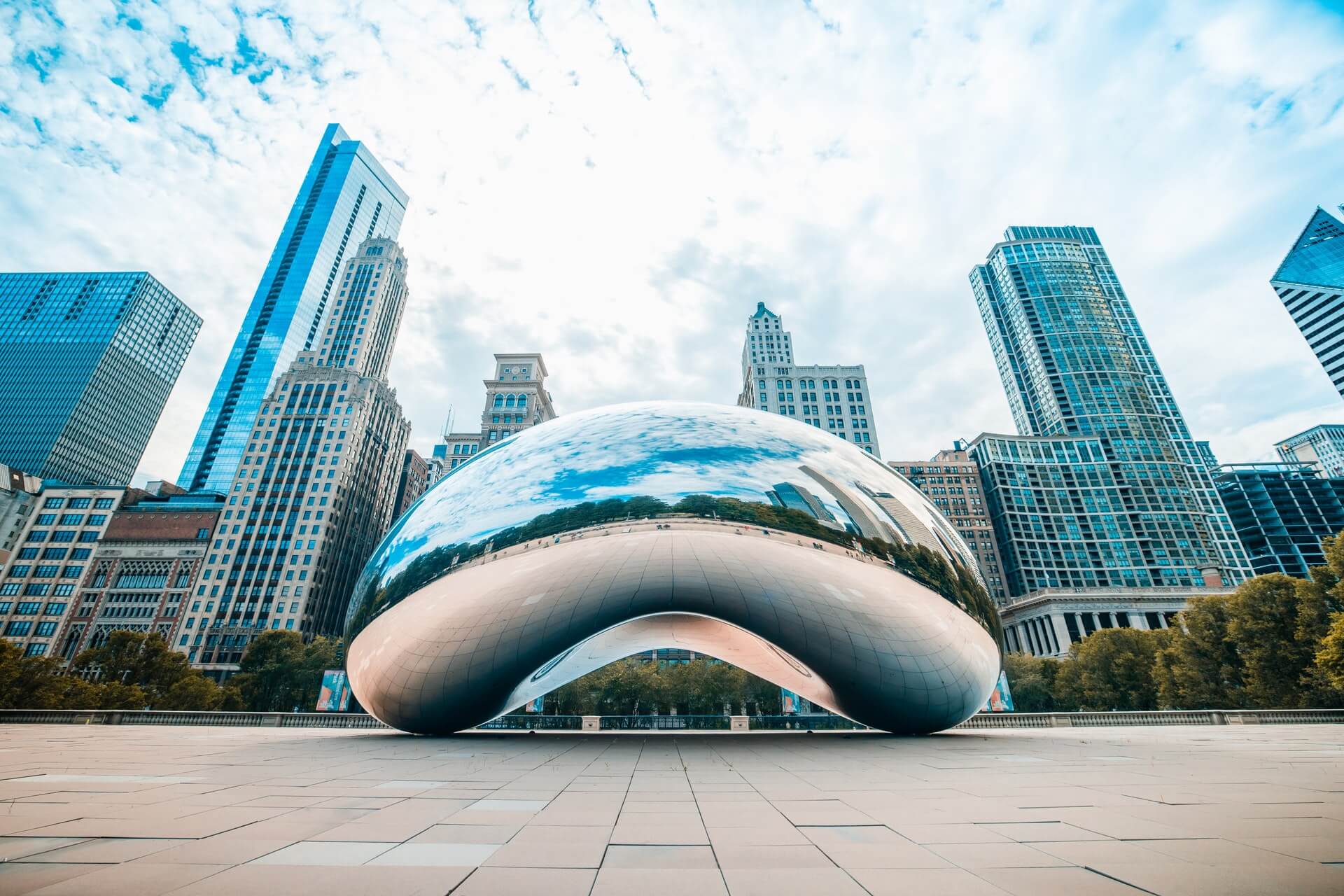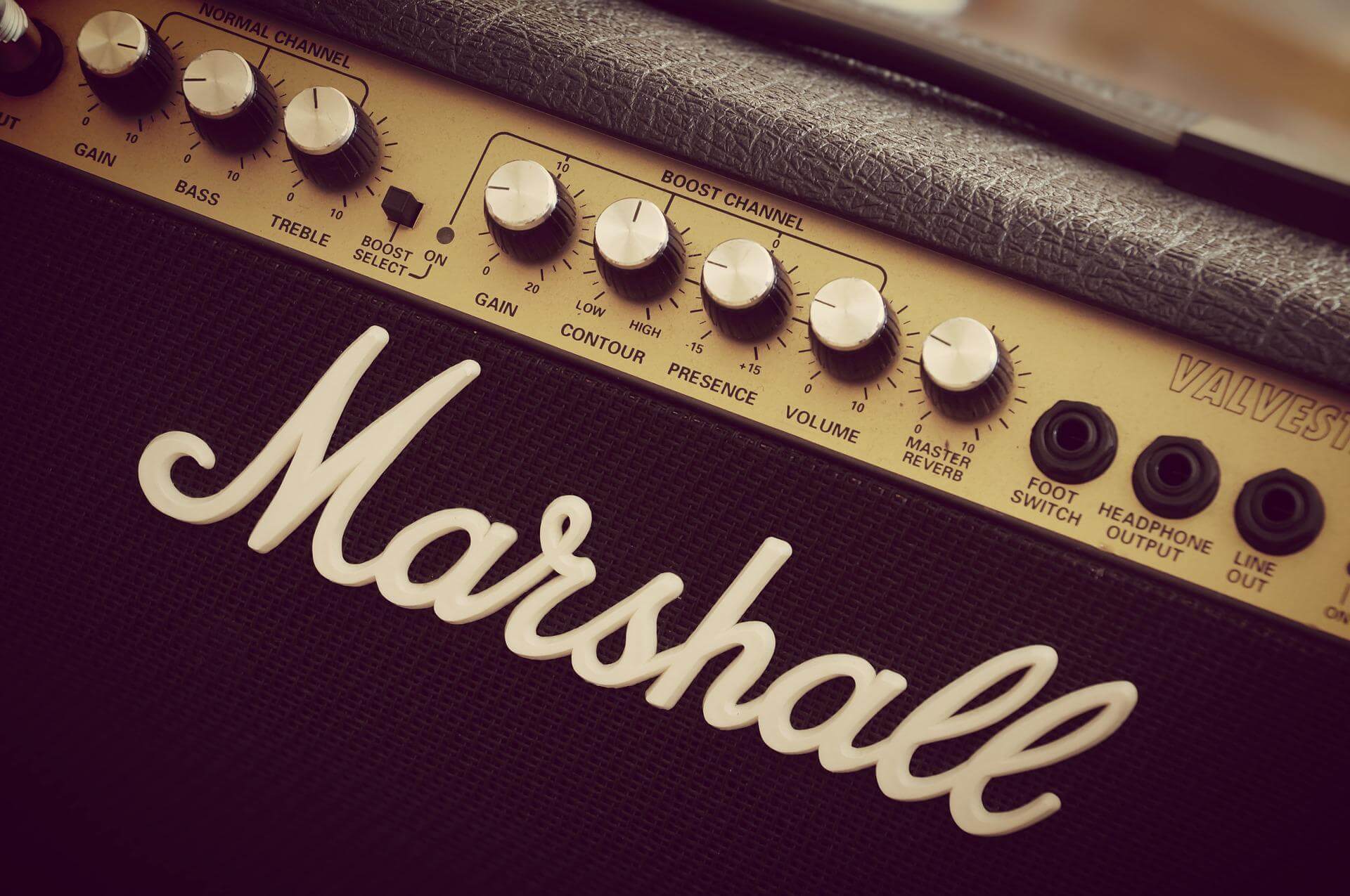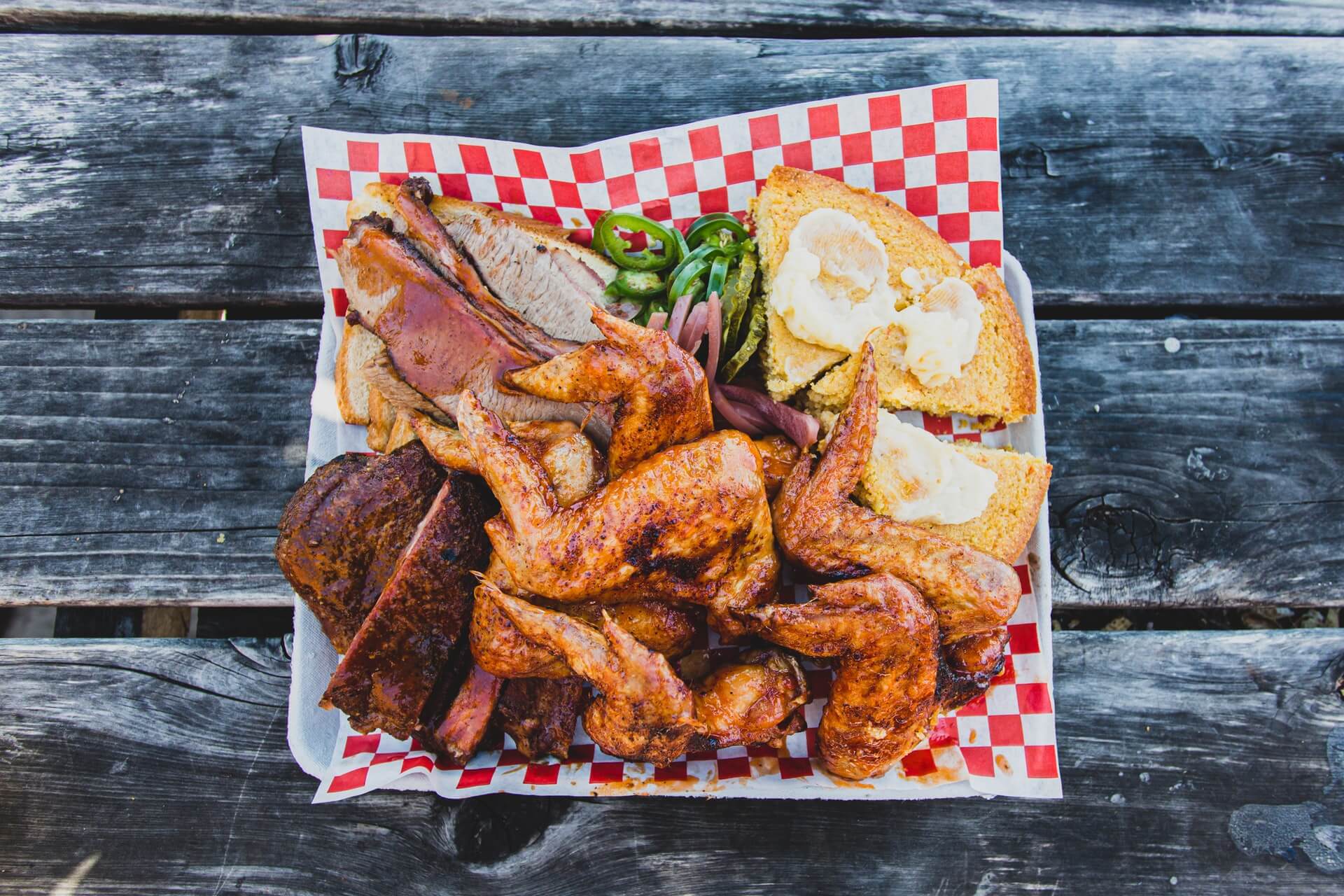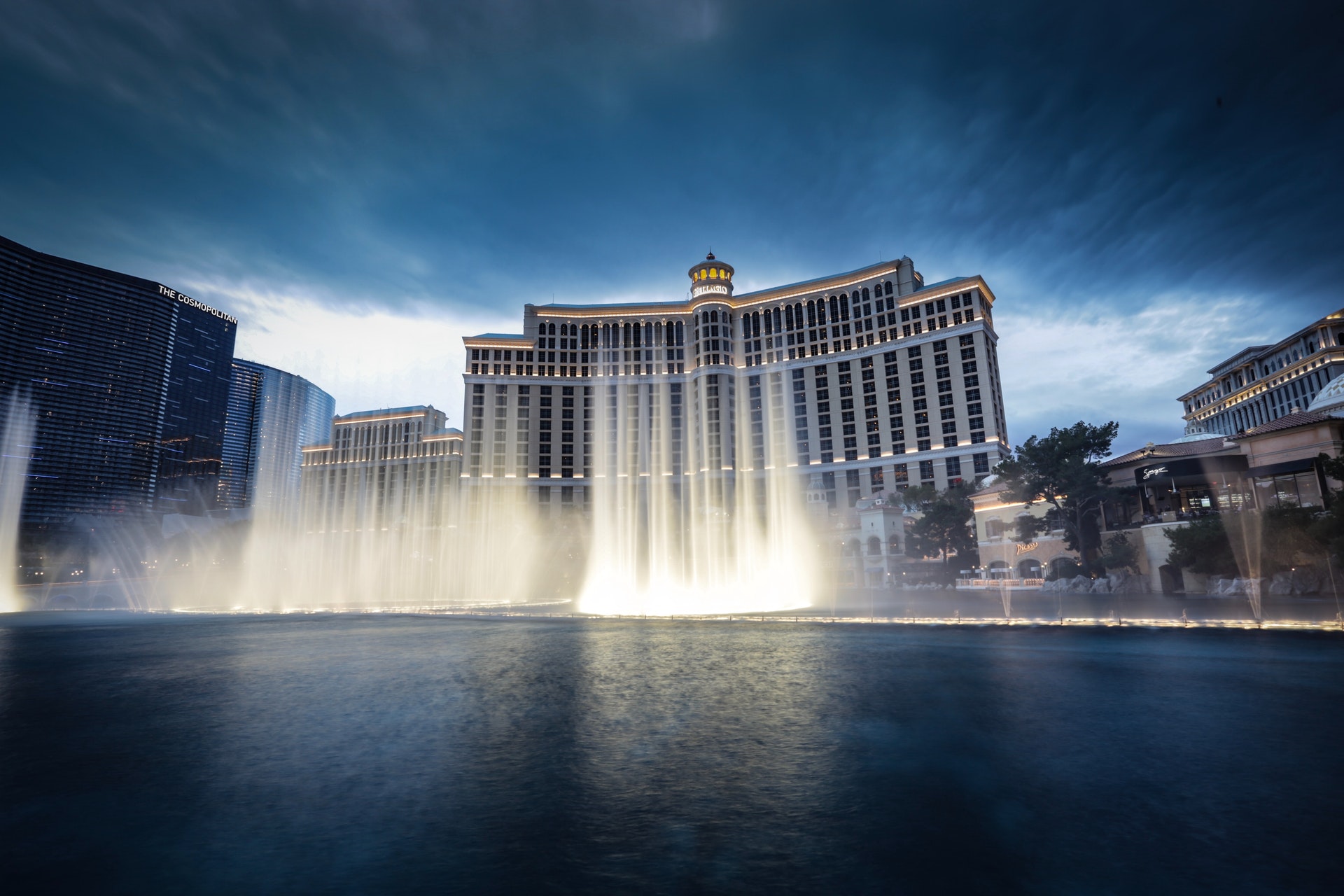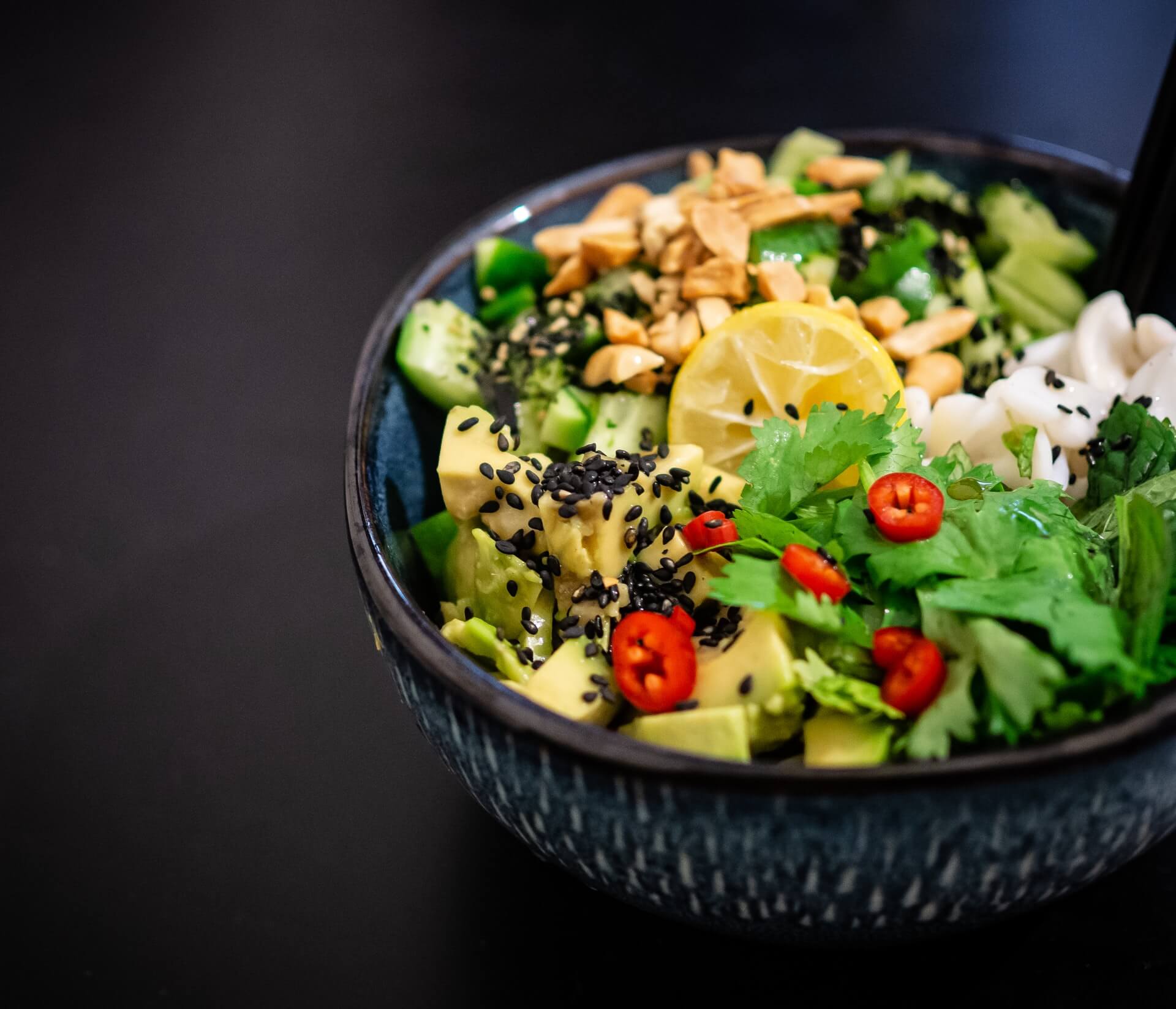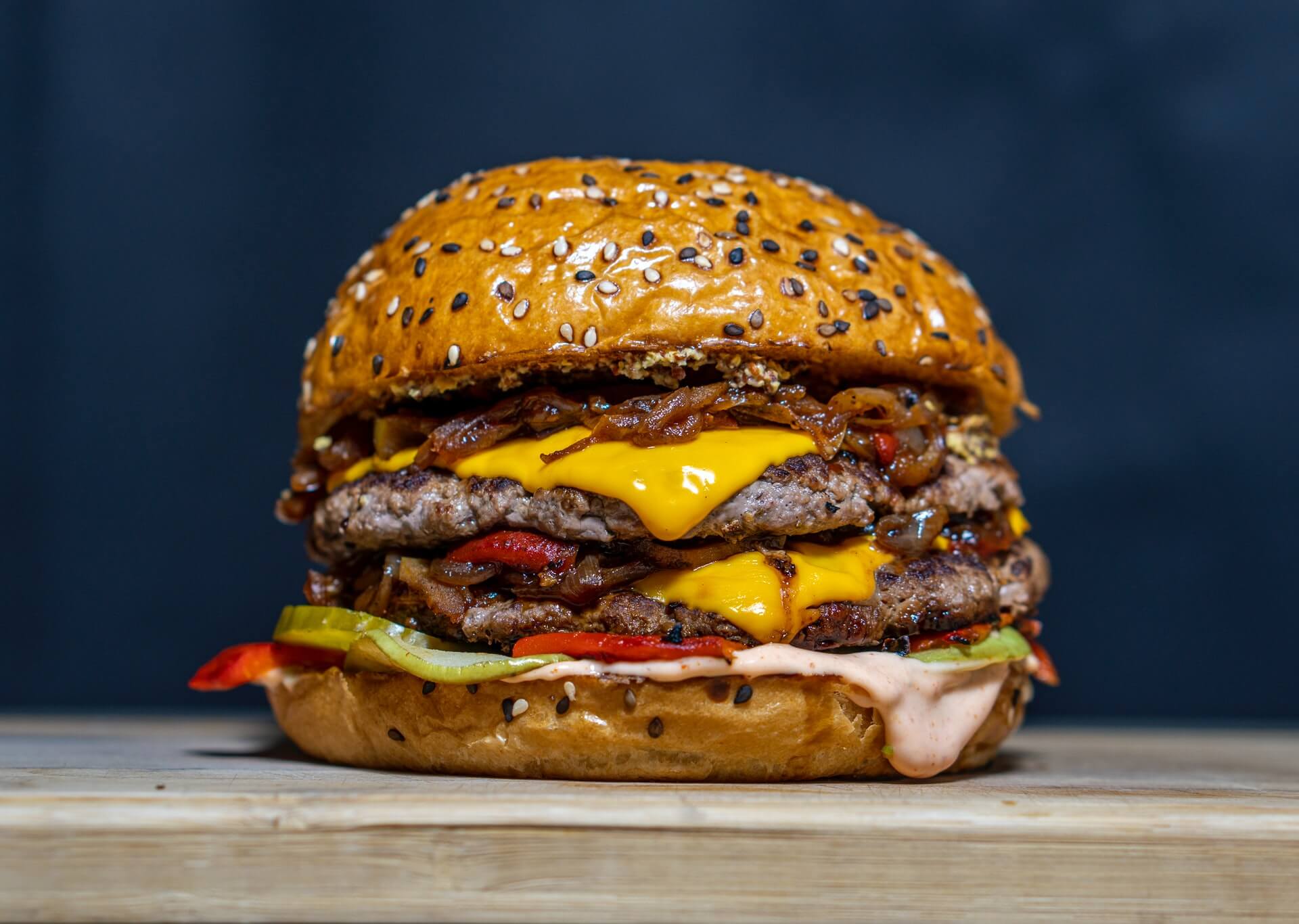2022 World’s 50 Best Restaurants: 1-50
by David Klemt
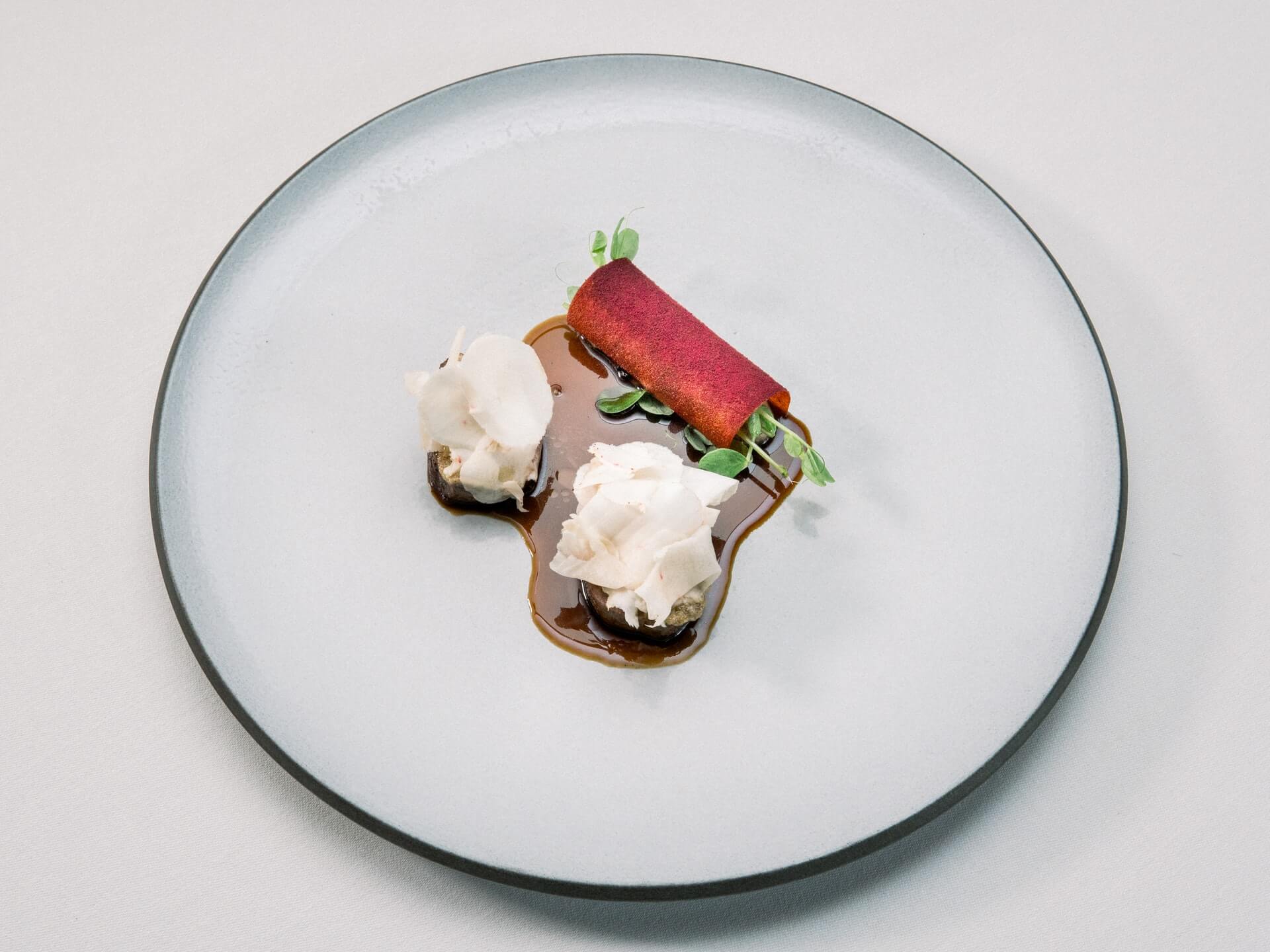
Finally, the World’s 50 Best announces the World’s 50 Best Restaurants, an impressive list of the finest places to dine across the globe.
Of course, this highly anticipated news comes on the heels of the World’s 50 Best Restaurants, 51 to 100. Last night, host Stanley Tucci and special guest co-hosts announced the winners in London.
Perhaps not too surprisingly, only three American restaurants are among this year’s top fifty. Of those three, one is in Healdsburg, California, which is the wine-producing region of Sonoma County. The other two American restaurants are in New York City, which isn’t exactly a surprise. And of those two restaurants, one, number 33 on this year’s list, is the winner of the Gin Mre Art of Hospitality Award.
Unfortunately, there are no Canadian restaurants on the World’s 50 Best Restaurants 2022 list. That applies to the back half of the list, numbers 51 to 100, as well.
Interestingly, the restaurant taking home the title of World’s Best Restaurant 2022 took the number two spot in 2021. Another hint: This year’s number one, by clinching the top slot, is also the Best Restaurant in Europe 2022.
So, do you think you know what restaurant is the best in the world? Scroll down to see if you’re right.
The World’s 50 Best Restaurants 2022: 50 to 1
- Single Thread (Healdsburg, California, USA)
- Ikoyi (London, England)
- Leo (Bogotá, Colombia)
- Oteque (Rio de Janeiro, Brazil)
- Belcanto (Lisbon, Portugal)
- Narisawa (Tokyo, Japan)
- Le Bernardin (New York, New York, USA)
- Boragó (Santiago, Chile)
- Quique Dacosta (Dénia, Spain)
- La Cime (Osaka, Japan)
- Schloss Schauenstein (Fürstenau, Switzerland)
- Sorn (Bangkok, Thailand)
- Jordnær (Copenhagen, Denmark)
- Fyn (Cape Town, South Africa)
- Odette (Singapore)
- The Clove Club (London, England)
- Hiša Franko (Kobarid, Slovenia)
- Atomix (New York, New York, USA)(Gin Mare Art of Hospitality Award 2022)
- Mayta (Lima, Peru)
- Arpège (Paris, France)
- Florilège (Tokyo, Japan)
- St. Hubertus (San Cassiano, Italy)
- Le Clarence (Paris, France)
- Hof Van Cleve (Kruishoutem, Belgium)
- Restaurant Tim Raue (Berlin, Germany)
- Frantzén (Stockholm, Sweden)
- The Chairman (Hong Kong)
- The Jane (Antwerp, Belgium)
- Septime (Paris, France)
- Mugaritz (San Sebastian, Spain)
- Den (Tokyo, Japan)
- Piazza Duomo (Alba, Italy)
- The Alchemist (Copenhagen, Denmark)
- Nobelhart & Schmutzig (Berlin, Germany)(Villa Massa Highest Climber Award 2022)
- Elkano (Getaria, Spain)
- Reale (Castel di Sangro, Italy)
- Don Julio (Buenos Aires, Argentina)
- Steirereck (Vienna, Austria)
- Uliassi (Senigallia, Italy)(Highest New Entry Award 2022)
- Maido (Lima, Peru)
- Le Calandre (Rubano, Italy)
- Quintonil (Ciudad de México, México)(Estrella Damm Chef’s Choice Award: Chef Jorge Vallejo)
- Lido 84 (Gardone Riviera, Italy)
- A Casa do Porco (São Paulo, Brazil)
- Asador Etxebarri (Atxondo, Spain)
- Pujol (Ciudad de México, México)
- Diverxo (Madrid, Spain)
- Disfrutar (Barcelona, Spain)
- Central (Lima, Peru)
- Geranium (Copenhagen, Denmark)
Image: Delightin Dee on Unsplash

